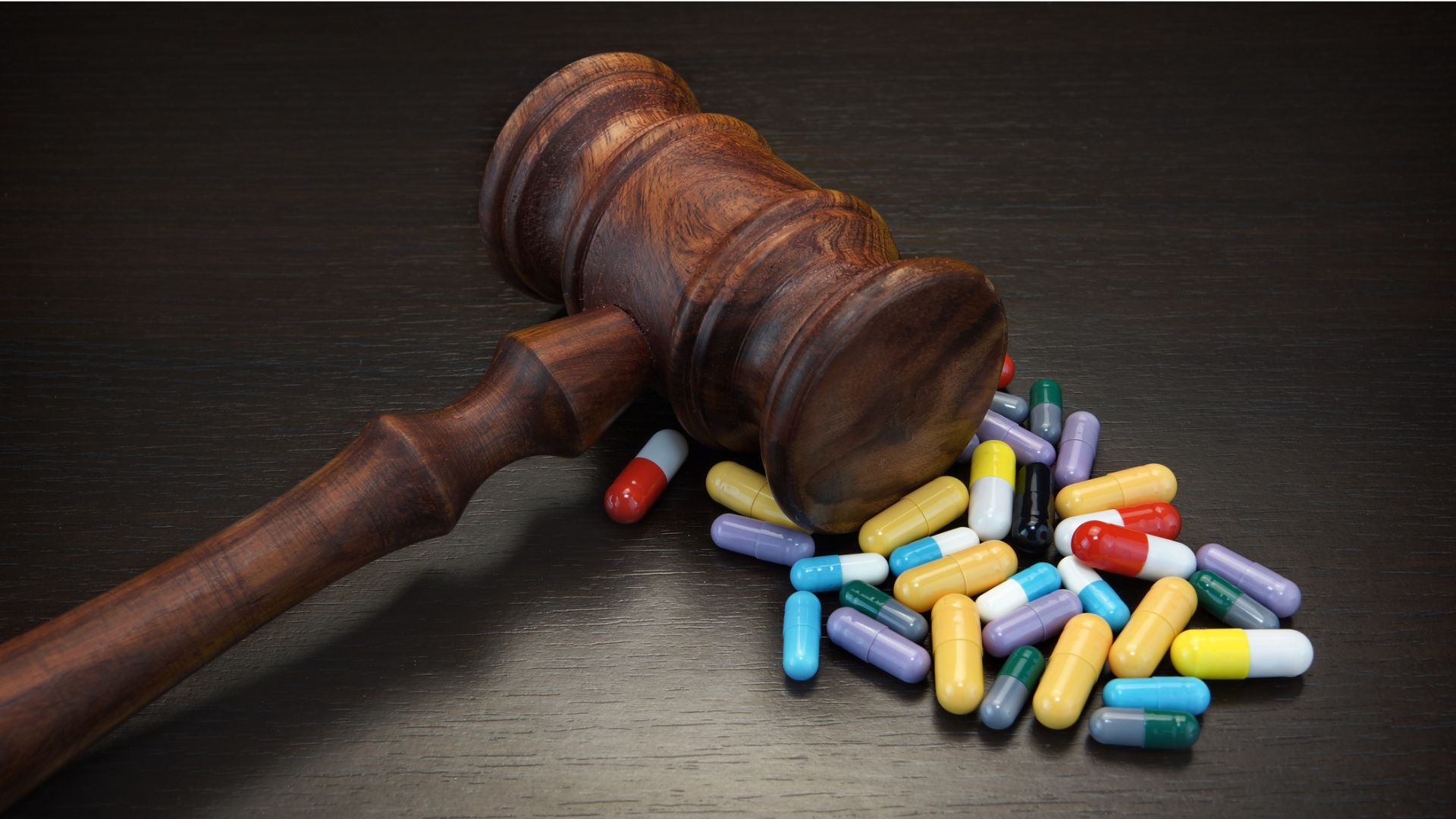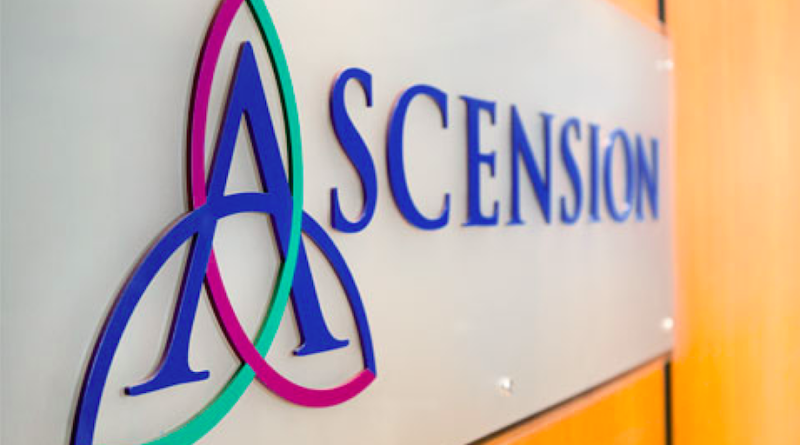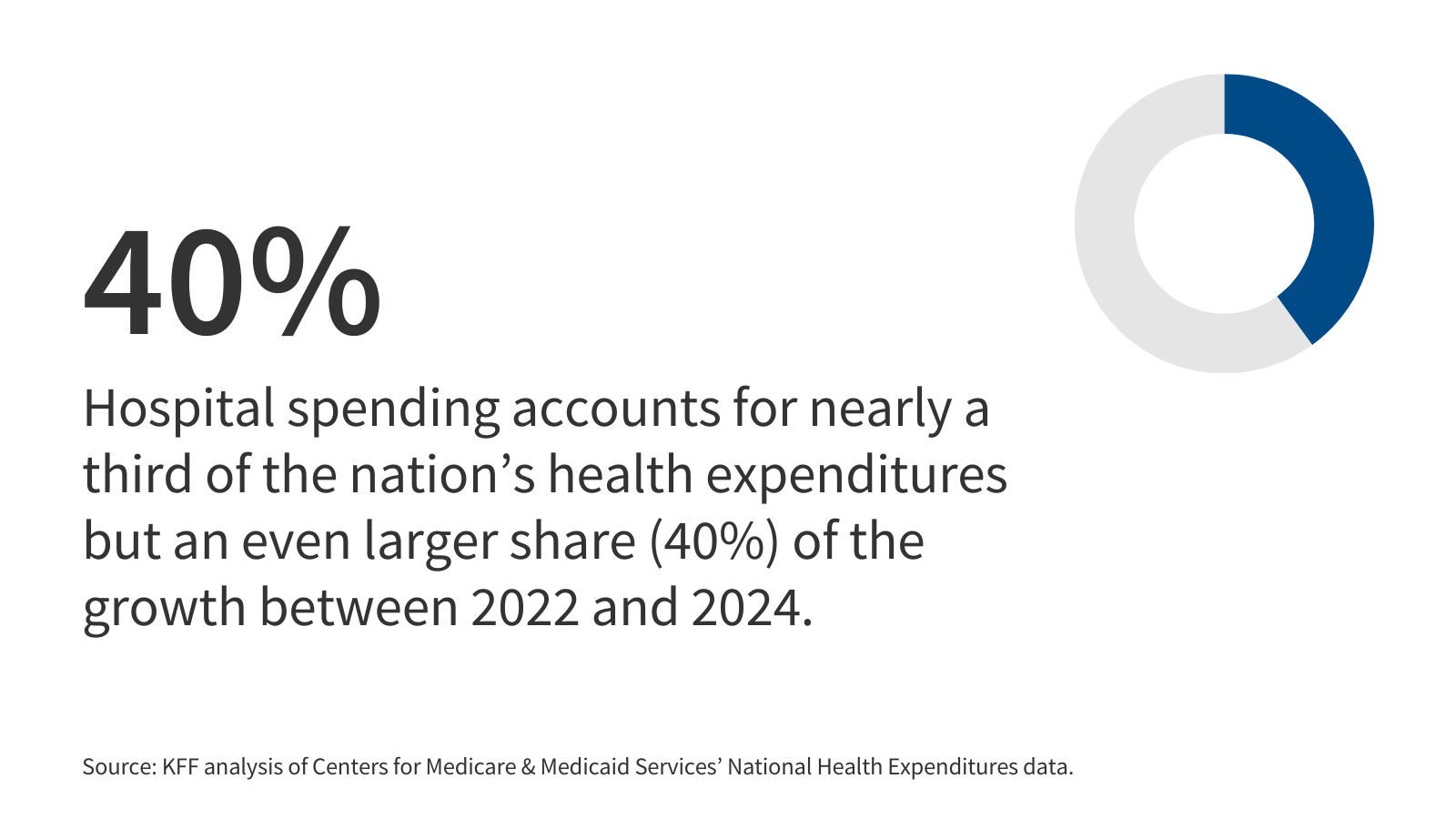Aetna is taking legal action against Pfizer, Novartis, Teva Pharmaceuticals and others, saying the list of drugmakers conspired to overcharge the insurer, consumers and the federal government for generic drugs.
The complaint (PDF), filed Dec. 31, claims the drugmakers communicated secretly at trade conferences or through phone calls, beginning in 2012, to determine the market share, prices and bids of certain drugs. If communication was in writing, they destroyed the evidence, Aetna claimed.
“They effectuated their market allocation by either refusing to bid for particular customers or providing outrageously high cover bids,” the complaint said. “This created an artificial equilibrium that enabled the conspirators to then collectively raise and/or maintain prices for a particular generic drug.”
Aetna said that drug purchasers, predominantly insurers, suffered as a result of these actions. Insurers place generic drugs on their formularies to lower costs but instead were paying unfairly high prices for these products.
The lawsuit name-checks top executives at many drugmakers implicated including former Teva executive Maureen Cavanaugh, who pleaded guilty for price-fixing in 2020.
A coalition of states has sued the drugmakers, and many of the companies reached settlement with states, Fierce Pharma has reported. Drug manufacturers have faced scrutiny from the Department of Justice Antitrust Division, Congress and state attorneys general.
“This latest lawsuit reflects what we have alleged for many years in our litigation,” said Connecticut Attorney General William Tong in a statement shared with Fierce Healthcare. “Generic drug manufacturers engaged in a brazen, industrywide conspiracy to fix prices and allocate market share for medicines we rely on every day. Our litigation is active and ongoing and we are confident in our case heading toward our first trial in Connecticut.”
Other payers have also taken interest in these investigations through similar lawsuits. UnitedHealthcare sued the drugmakers in 2019, as did Humana in 2018.
Teva was a central figure in the scheme, due to lagging financial results in early 2013, according to the filing. An internal presentation stated that the “competitive landscape is supportive of price increases” and “mature competitors participate in price appreciation.”
Four generic drugs increased by more than 1,000% as a result of drugmakers’ actions, the filing says. A Government Accountability Office report (PDF) from 2016 revealed similar data, finding that 300 drugs experienced an “extraordinary” price increase over a five-year period. However, generic drugs normally reduce dramatically in price the longer they are on the market.
Executives allegedly colluded over dinners, cocktail parties and golf outings. The defendants are accused of sending customer bid packages to competitors. For example, Teva executives had more than 1,500 contacts with competitors and coordinated pricing between the companies.
The complaint details this activity as allowing each company to have its “fair share” of the market so everyone can “play nicely in the sandbox.” If a generic drug manufacturer enters the market first, the complaint says it’s customary for that manufacturer to get a bigger slice of the pie.
One former Sandoz executive explicitly highlighted this sentiment in an internal email from 2013 exclaiming, “Fair Share for all!!!” The executive was sentenced to a one-year probation in exchange for collaborating with a federal investigation in May.
Pfizer, Novartis and Teva did not immediately respond to a request for comment. The plaintiffs say they want this case to go to discovery.
Publisher: Source link










